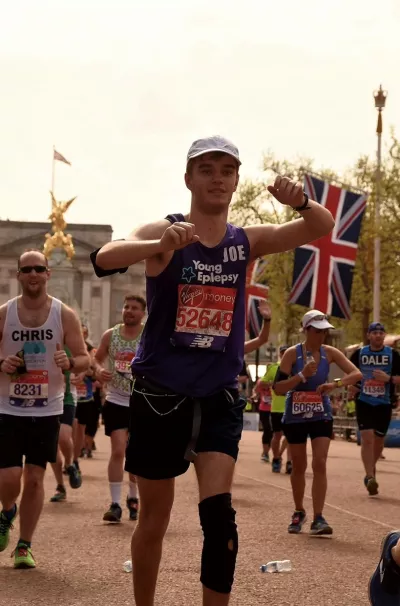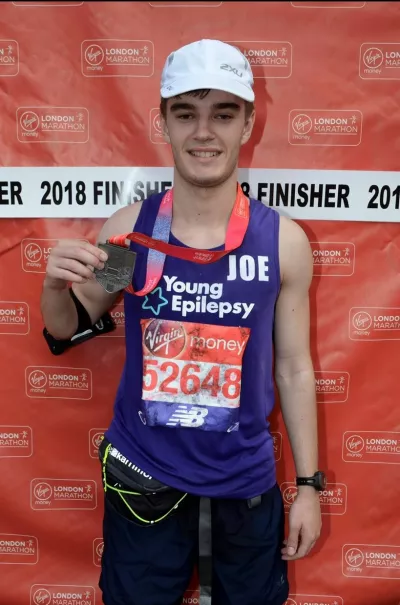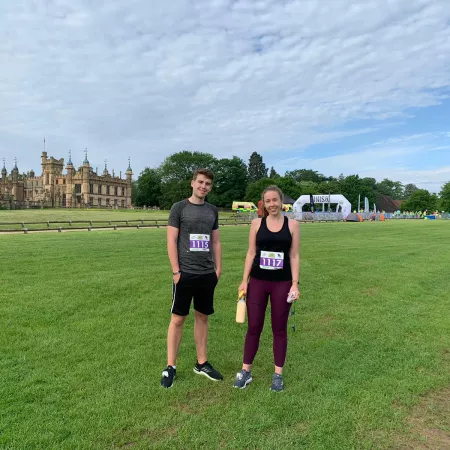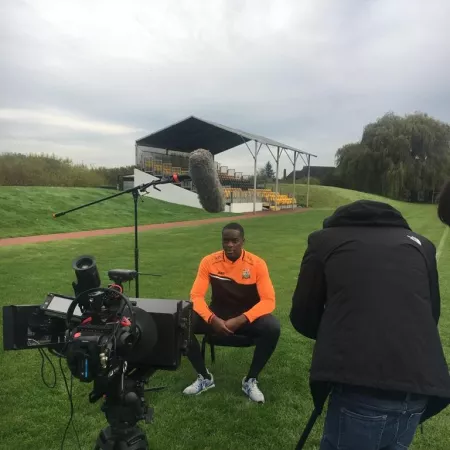
I’m going to talk to you about the most stupid thing I’ve ever done.
I’d always liked running. I’d given myself the moniker Jo Farah, and been nicknamed by my football teammates as N’Joe-lo Kante, such were my swashbuckling running feats on a football pitch. So I told my Mum I wanted to put my love of running to some use.
She suggested maybe doing the local parkrun. Like every good eighteen-year-old, I decided to completely ignore her, and signed myself up for the London Marathon instead.
In principle, it sounds like a tough thing to do, yes, but not a stupid one. So what made it so objectively ridiculous?
Well, for one, I was to run it at the age of 18. At that time, I was in the second year of my A-Levels (four of them), had a part-time job (that went), a girlfriend (she went too but a bit after the marathon) and was on the head student team at school. I also had to raise over £2,750 to take part, and had never done an organised run over 10k in my life.
Oh, and I haven’t even mentioned the fact that I’m epileptic too, where such momentous physical exertion is generally a no-go.
But, with much support from my family, friends and others, I actually went and did it. The 22nd of April 2018, undoubtedly the best day of my life.
I’ll spare you the boredom of training and the stress of fundraising, for I want to focus on two key aspects of the marathon itself.
The first is something that I told myself before the race. It was the one promise I made myself, and I heralded it as one of God’s Ten Commandments – ‘Thou Shalt Not Walk’ during the marathon itself. I did not care whether I was running as fast as a cheetah or a tortoise – as long as I was still enacting a motion that could be considered running, I was content.
And, no matter how rough it was, no matter how much my joints hurt or my feet screamed, I did not relent once. I kept on running.
The second aspect I want to draw attention to is a stretch of the run that I believe heads down towards Canary Wharf (I could be wrong – this was three years ago now!). Significantly, the route goes back on itself in a massive U-Turn, meaning that, as you head down towards Canary Wharf, parallel to you, across a barrier, you can see all the really fit and athletic runners running away from Canary Wharf!
This is agony to see. In your mind, you realise that those people across the barrier are two hours ahead of you in the race. Two hours! And here you are, already falling apart, knowing that you are going to have to last another two hours to even be in their position.
Against all odds, though, I did it. I raised over £4,000 for Young Epilepsy in the process, and, yes, it was truly the greatest, albeit stupidest, thing that I have ever done.
But my mind is continually drawn back to those two aspects mentioned above, and it’s only with hindsight that I understand why.
As a boy first diagnosed with epilepsy, I thought sport was shut off to me as a concept. How can one be active when one’s mind fights with its own body? That journey from fragile epileptic in a hospital ward to marathon runner was no easy one. At so many points I could’ve given up, occasions where it would’ve been so easy to bury myself in my despair, but I kept going. Likewise, at points the end appeared so far away, I felt myself getting only further from the finish line, going only deeper into my epileptic despair.
The marathon ended up being a perfect metaphor for my journey. Those moments of adversity in my medical battles manifesting in moments of strength in that fateful run. I realised that, fighting epilepsy is its own marathon, and one that doesn’t finish after 26.2miles. It’s a journey, a long one, filled with ups and downs and despair. But, those small moments of victory you have over it, be it going a day seizure free, learning to drive, or running 26.2 miles for a cause that counters epilepsy, are what you cling onto, in those darkest hours.
We’re all running our own marathons. Let’s support each other as we do it.




